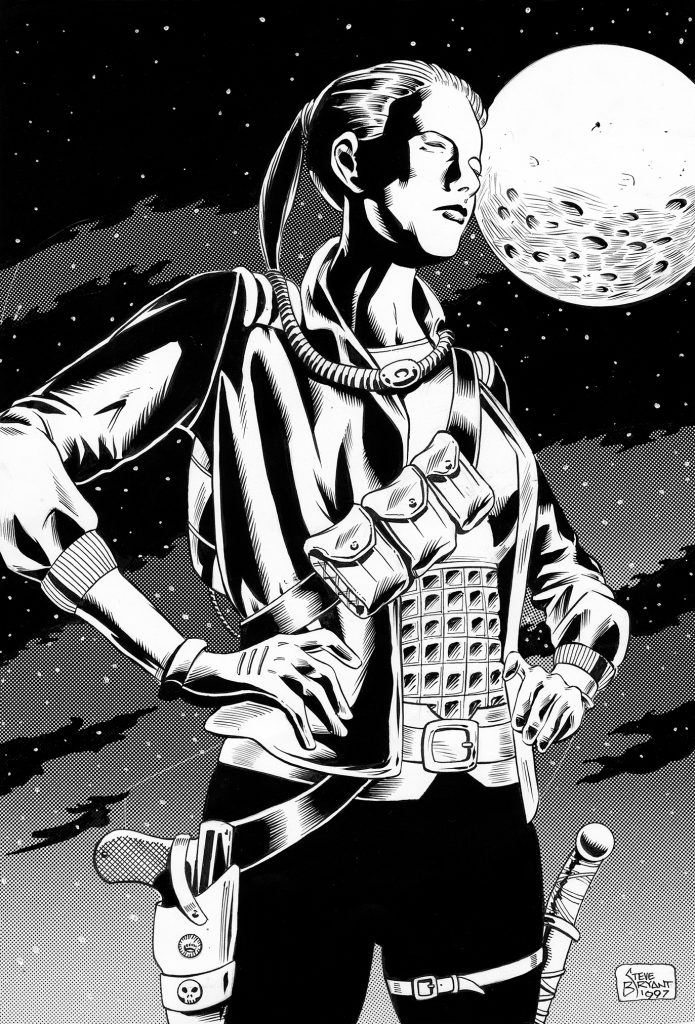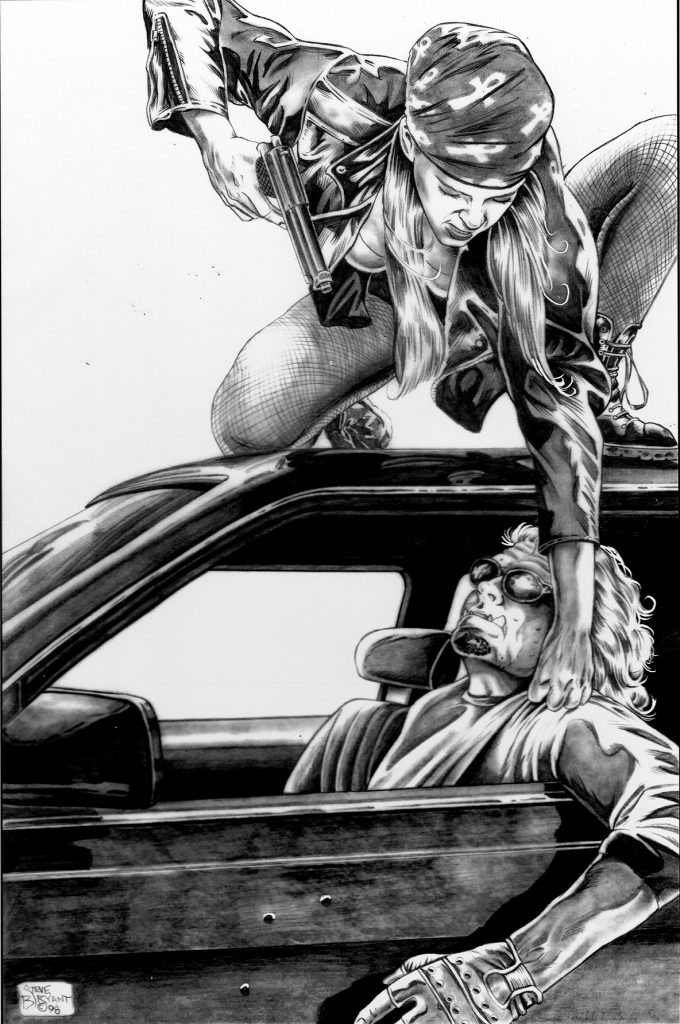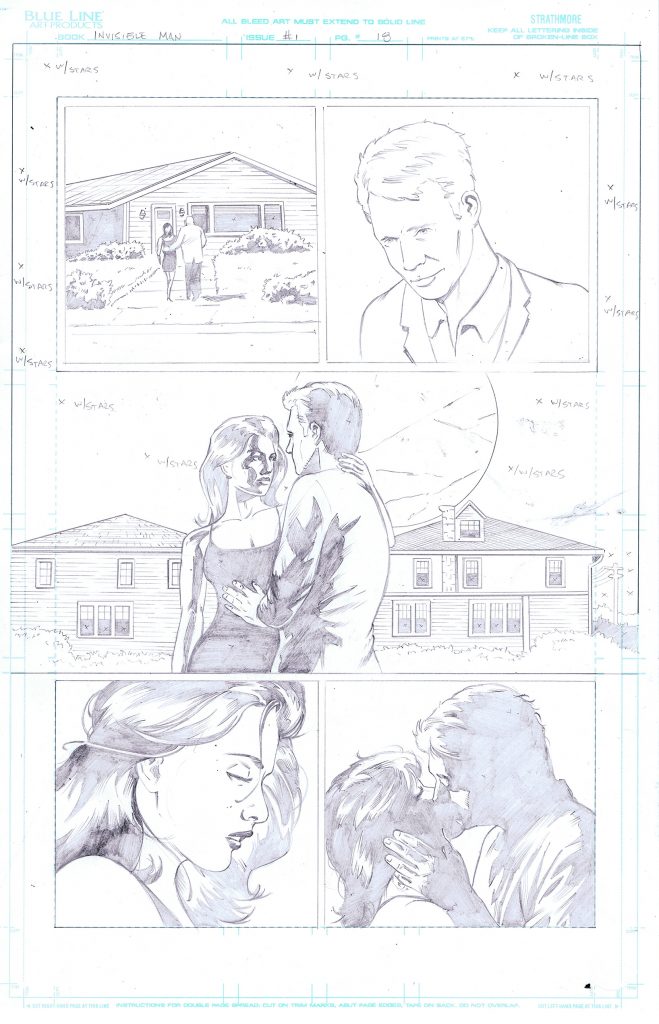Years ago, I tried my hand at music. I made friends with a couple of brothers who had a band. Each of them, independently of one another, asked if I wrote any original songs, instead of just playing cover versions of songs. When I said that I had some bits and pieces of songs laying around, each of them—independently again—said “Those bits aren’t gonna finish themselves.”
Such a simple thought, but that’s some of the best creative advice I ever received. Just like giving yourself permission to fail, and building a daily creative habit, learning how to finish your work is another important step toward making comics.
DC won’t let you take over Batman on the strength of the two pages you’ve written. Marvel won’t give you an exclusive contract because your partially penciled page looks great—no matter how amazing those two panels are—even without backgrounds! And Scholastic won’t make you the next Raina Telgemier or Jeff Smith on the strength of an unfinished outline and character sketches for your YA masterpiece.
None of that will happen until you start finishing stuff.
There’s a saying, “Done is better than perfect.” I’ve heard it used in relation to Mark Zuckerberg of Facebook, who claimed they had it painted on the walls of their offices.
Before we talk about what this means, lets talk about what it doesn’tmean. It doesn’t mean that you should hack out a bunch of mediocre stuff.
Remember that.
So what does “Done is better than perfect” mean, then? It’s meant to remind us that the pursuit of perfection can lead to paralysis. It’s meant to remind us that building a body of work involves creating a body of work, not just one perfect piece. It’s meant to remind us that we have permission to fail if we’re going to grow creatively—you’ll learn more from making a finished failure than you will from an incomplete masterpiece.
Since we’re talking about creating comics, here are a couple of comics legends on perfection.
Jack Kirby said “Damn perfection,” and John Buscema famously said “Throw your eraser away.”



